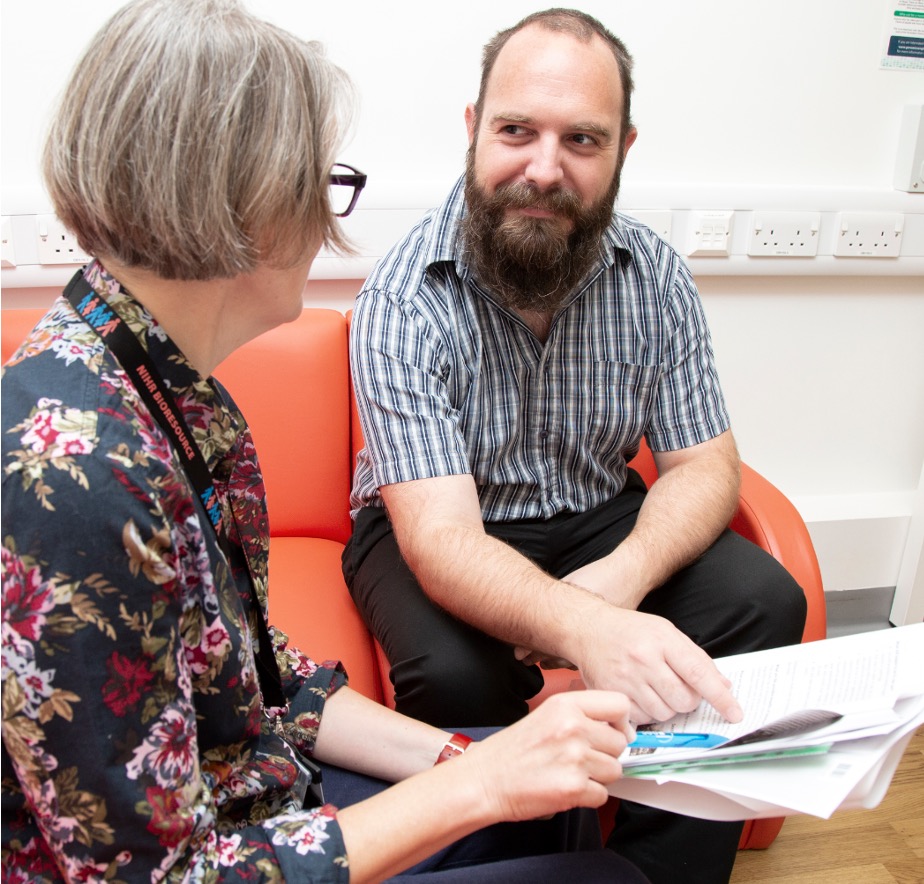Publications
Publication: New England Journal of Medicine
Julia Ware, Janet M. Allen, Charlotte K. Boughton, Malgorzata E. Wilinska, Sara Hartnell, Ajay Thankamony, Carine de Beaufort, Ulrike Schierloh, Elke Fröhlich-Reiterer, Julia K. Mader, Thomas M. Kapellen, Birgit Rami-Merhar, Martin Tauschmann, Katrin Nagl, Sabine E. Hofer, Fiona M. Campbell, James Yong, Korey K. Hood, Julia Lawton, Stephane Roze, Judy Sibayan, Laura E. Bocchino, Craig Kollman, and Roman Hovorka
20 January 2022
Summary
In this multicenter, randomized, crossover trial, researchers recruited children 1 to 7 years of age with type 1 diabetes who were receiving insulin-pump therapy. Participants received treatment in two 16-week periods, in random order, in which the closed-loop system was compared with sensor-augmented pump therapy (control). Read the full press release.
View publication
Publication: Nature Medicine
Charlotte K. Boughton, Afroditi Tripyla, Sara Hartnell, Aideen Daly, David Herzig, Malgorzata E. Wilinska, Cecilia Czerlau, Andrew Fry, Lia Bally & Roman Hovorka
04 August 2021
Summary
An artificial pancreas could soon help people living with type 2 diabetes and who also require kidney dialysis. Tests led by the University of Cambridge and Inselspital, University Hospital of Bern, Switzerland show that the device can help patients safely and effectively manage their blood sugar levels and reduce the risk of low blood sugar levels. Read the full press release.
View publicationPublication: Journal of Clinical Urology
Vincent J Gnanapragasam, Kelly Leonard, Michal Sut, Cristian Ilie, Jonathan Ord, Jacques Roux, Maria Consuelo Hart Prieto, Anne Warren, Priya Tamer
June 2020
Prostate cancer is the commonest male cancer and more than one million rectal biopsies for suspected prostate cancer are carried out each year. However, a significant number of men undergoing rectal biopsies develop infection and sepsis.
This study showed that the CamPROBE, a device developed by Cambridge researchers that can be used under local anaesthetic, is just as good at diagnosing prostate cancer as rectal biopsies – with less infection risk.
Led by Cambridge University Hospitals (CUH), the study recruited 40 patients across six sites. CUH developed a user training course and disseminated the method to the other sites, which then offered the Cambridge Prostate Biopsy Device (CamPROBE), as an alternative to transrectal ultrasound guided biopsy to men due for a biopsy as part of their clinical management.
There were no infections, device deficiencies or safety issues reported, and the CamPROBE appears non-inferior in terms of cancer detection rates. The study also showed that the procedure is well tolerated by patients, suited to the local anaesthetic outpatient setting and can be readily disseminated and adopted.
Future clinical investigation trials will aim at confirming the veracity of the findings, develop head-to-head comparisons with other biopsy methods and explore comparative health economic and cost benefit analysis.
View publication
